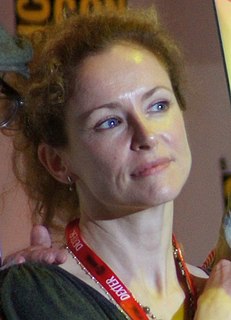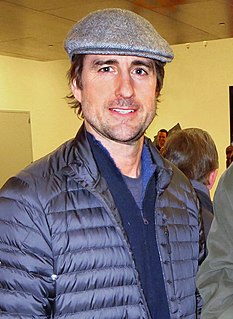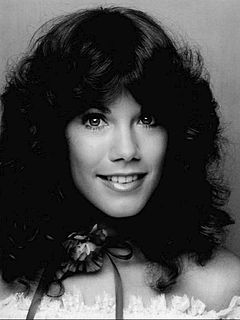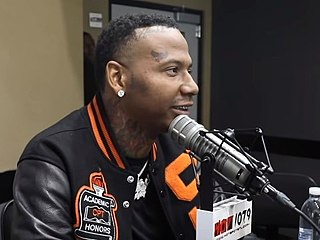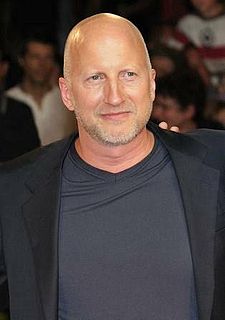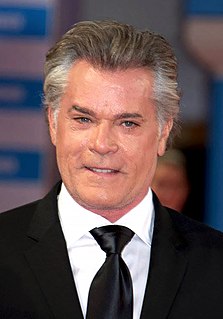A Quote by Leslie Hope
When I got off '24,' pretty soon after that I did a movie that took place in the '70s, this movie with Jimmy Caan and Gena Rowlands, and I needed to kind of have that '70s pouffy housewife hair.
Related Quotes
I wanted to quit the industry when I was eighteen and finish '70s', finish my contract on the show and go to college because I was pretty convinced that after '70s' and after being on a show for eight years that I would be very much pigeonholed for something specific that I didn't want to be a part of anymore.
Growing up in the '70s and '80s when my dad had an art gallery, one of the things that frustrated me was the world seemed so tiny, and to appreciate contemporary art, you needed a history of art, a formal education. I was more interested in the people, and that's why I went into the movie business in the first place.
As I'm sure anyone who's born after the '70s' access point is - is '70s films and '70s culture and there is a kind of a paranoiac atmosphere in that time in America. Yes, it's the golden age of journalism, Watergate, and all the rest of these people making these great breakthroughs - but it's also the moment that "if it bleeds, it leads" becomes mainstream and sensationalizing the news becomes more and more the given. Checking how many numbers you're getting, whatever you can do to get more numbers.
I couldn't take my eyes off of Stan [Lee]! As good as the movie is, all I could think about is, "What's he thinking?" So the movie ended, and then he, very whimsically, expressed all of his feelings about how long he waited, and how the TV shows in the '70s were all, "If only they could do this," and now they could. And he didn't get choked up and blubbery, but he was moved. Like, "Ohmigod, it happened while I was alive." And I can't believe I got to see that. He was very raw. It was quite beautiful.
Maybe if I'd gone in younger, I wouldn't have had that feeling, but I've seen an enormous amount of changes since the early-'70s in how this stuff is shot. I did the first TV movie ever shot in 18 days; before this film the normal length of shooting a TV movie was between 21 and 26 days. We shot a full-up, two-hour TV movie in 18 days with Donald Sutherland playing the lead, who had never worked on television before.
